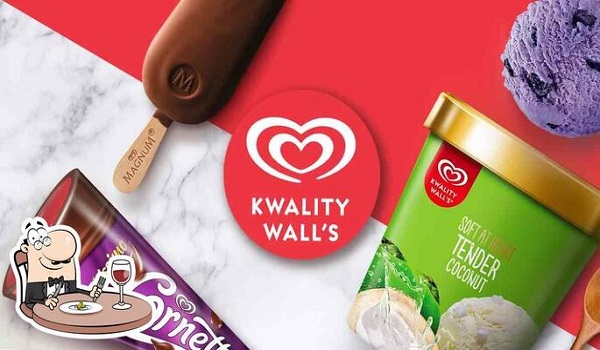FMCG giant Hindustan Unilever Ltd (HUL) has received approvals from both the Bombay Stock Exchange (BSE) and the National Stock Exchange (NSE) for the demerger of its ice cream business into a standalone entity—Kwality Wall’s (India) Limited (KWIL).
The green light follows the company’s earlier board decision in January 2025 to hive off the business. The new entity will house HUL’s popular ice cream brands, including Kwality Wall’s, Cornetto, and Magnum.
What the Approvals Mean
In its regulatory filing, HUL stated that it had received an observation letter with “no adverse observations” from the BSE and a “no objection” letter from the NSE on May 14, 2025. These pave the way for the next phases of the demerger and listing.
The move is aligned with parent company Unilever Plc’s global strategy to separate its ice cream business into an independent operation. Unilever has cited a distinct operational model for the ice cream segment, requiring a different supply chain, distribution network, and go-to-market strategy, along with unique capital allocation needs.
What Happens Next?
Once completed, Kwality Wall’s (India) Limited (KWIL) will become a separately listed ice cream company. Under the proposed scheme:
- HUL shareholders will receive one equity share of KWIL for every HUL share held.
- Shareholders will directly own 100% of the new entity.
- KWIL will operate with independent management and strategic autonomy tailored for the fast-evolving frozen dessert market.
Why It Matters
Ice cream remains one of HUL’s fastest-growing categories, and the spin-off is expected to unlock value for shareholders and give investors direct exposure to this high-growth segment.
“This demerger will unlock fair value for HUL shareholders and give them the flexibility to stay invested in ice cream’s growth journey,” said Rohit Jawa, CEO & MD of HUL.
The company had earlier stated that the move would also lead to smoother operational transitions and a more agile, market-focused team under KWIL’s leadership.
What Assets Are Moving to KWIL?
Once the demerger is effective, all relevant assets and liabilities associated with the ice cream business will be transferred to the new entity. These include:
- Licenses, approvals, permits, and all necessary business authorizations
- Real estate (freehold and leasehold), machinery, and manufacturing plants
- Inventory, intellectual property (such as brand rights), and R&D projects
- Cash reserves, bank balances, and outstanding receivables
- All business-related agreements, insurance policies, and contracts
- Employee-related records and data
- Working capital loans, guarantees, and relevant liabilities tied to the ice cream business
Both HUL and KWIL will retain the right to declare dividends for periods before the effective demerger date.
The Broader Industry Context
The move comes at a time when Indian food and FMCG companies are reassessing their portfolios to respond to evolving consumer trends, hyper-regional preferences, and specialized business demands. Similar to what Nestlé India is doing with health-focused innovation and what ITC has done with Fabelle’s luxury chocolate vertical, HUL’s decision reflects a strategic shift toward focused brand management and category-specific growth strategies.
The formation of KWIL could also set a precedent for other Indian FMCG players to spin off niche or high-potential verticals, particularly in segments like frozen foods, beverages, or personal care.
As Indian consumers continue to seek out indulgent yet premium food experiences, KWIL will now be better positioned to compete, not just with legacy ice cream players, but also premium startups and artisanal brands finding traction in urban and semi-urban markets.


